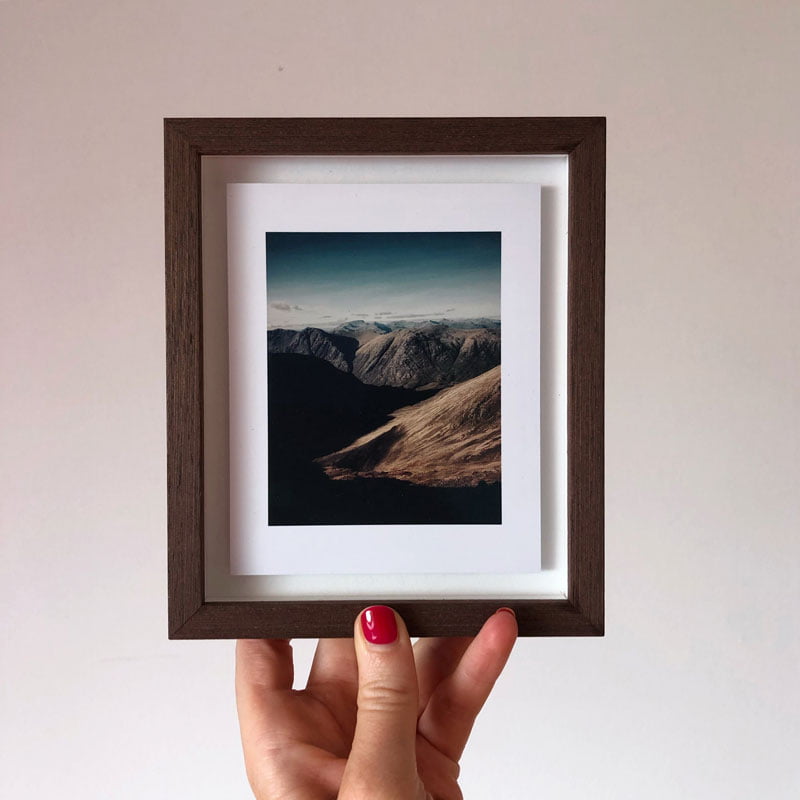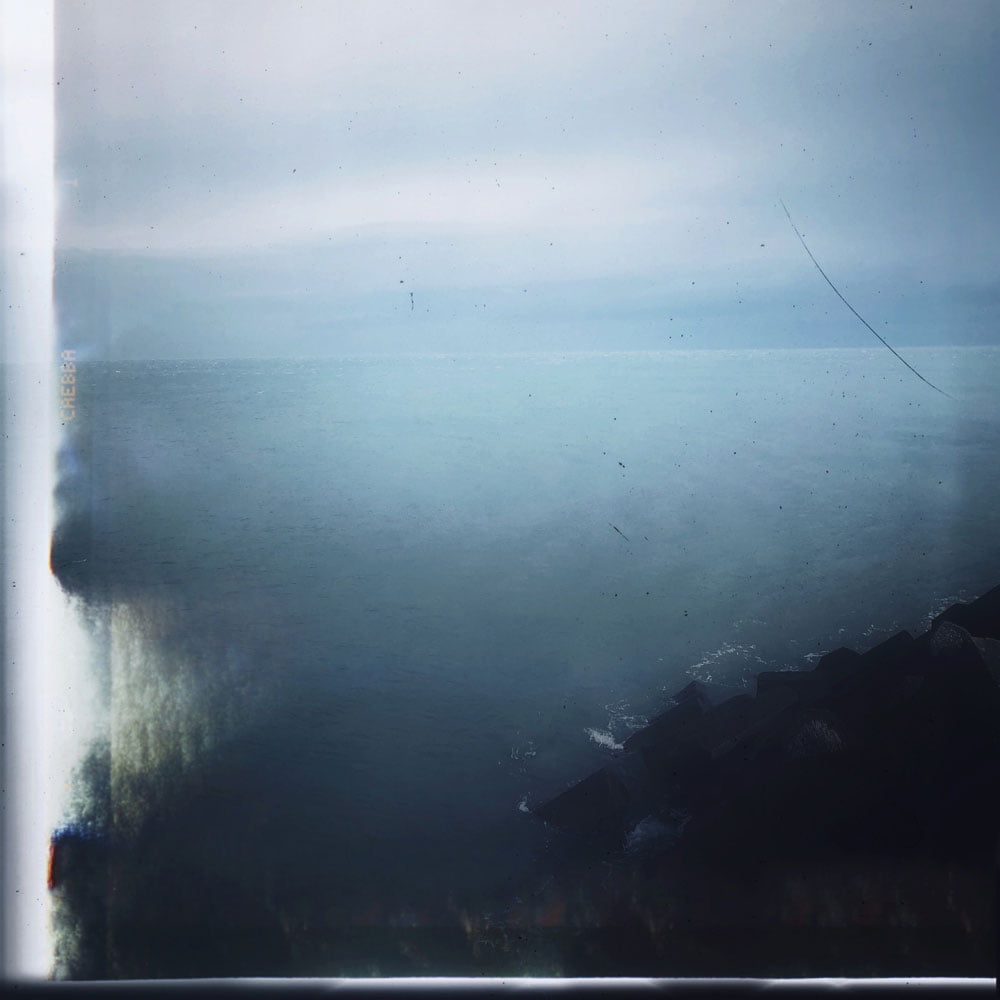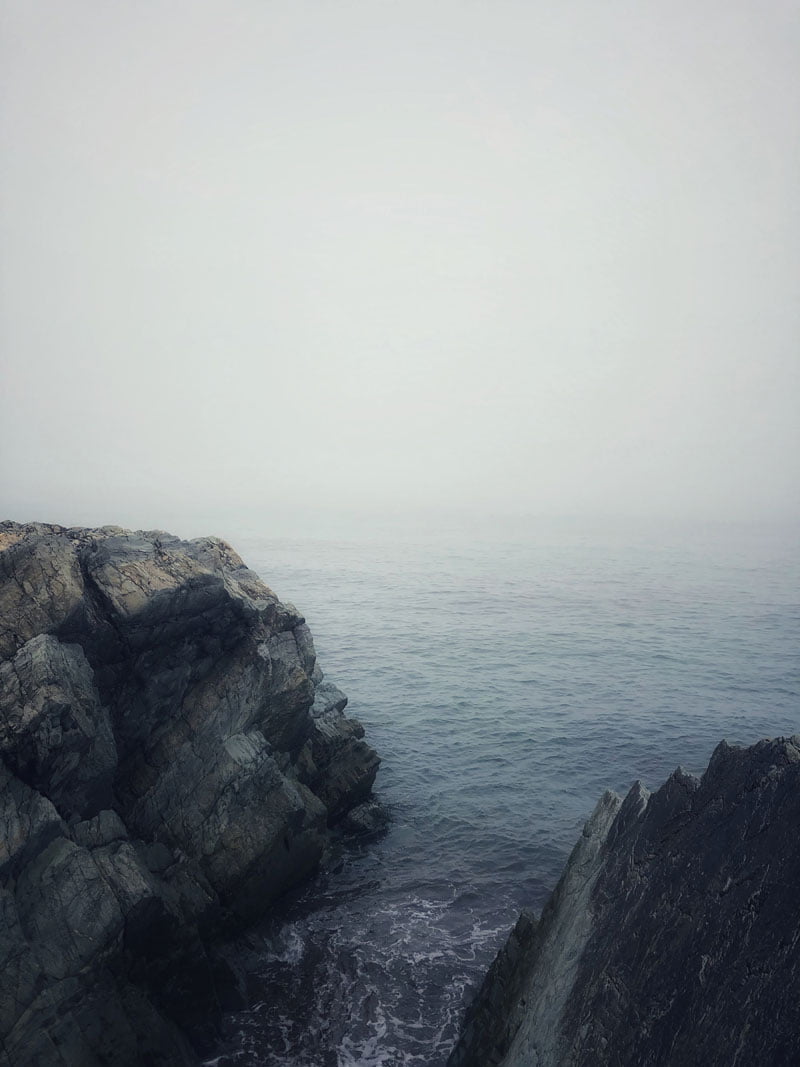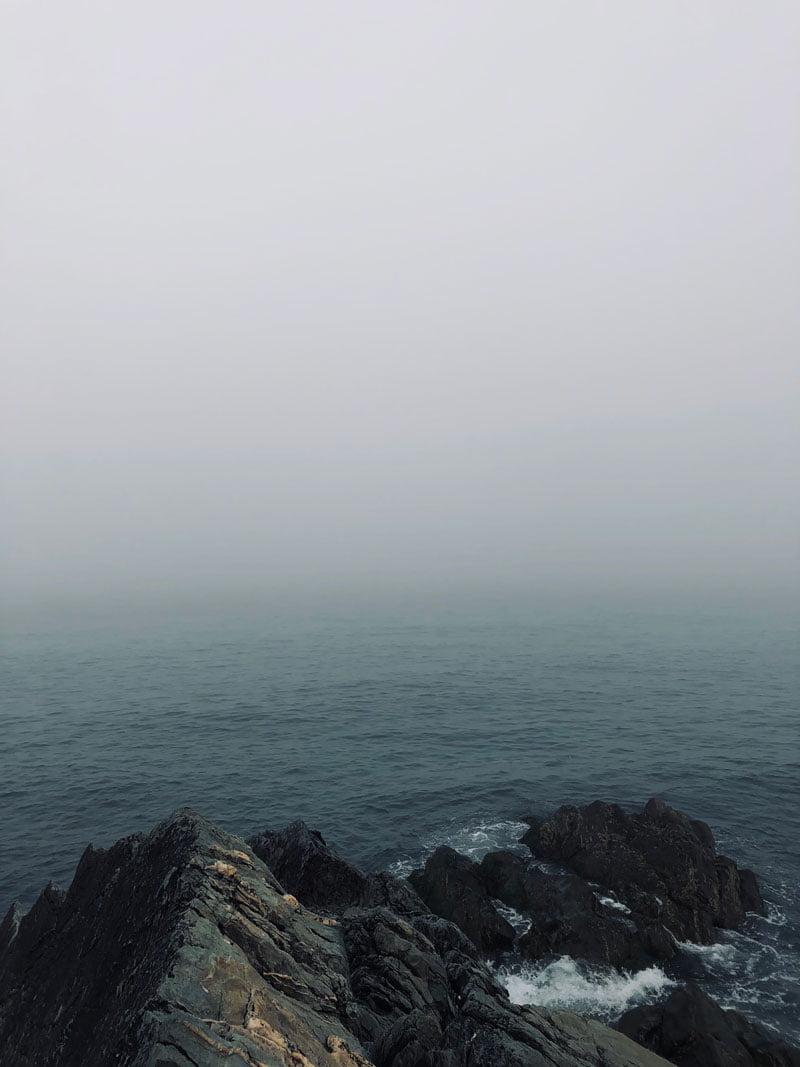EDUCATION
Improving your Practice
WITH KATE O’NEILL
Improving your practice: a growth mindset
Photography is a language that can reach further than any other method of contemporary communication, and now – dare I say it – with the additional platform of social media; it has become an even more democratic medium, however it can be misinterpreted, misused and misunderstood. This is why as visual artists we must hold ourselves accountable to ensure we are always creating the best images we can, learning from each other and sharing our work for the right reasons.
“Visual intelligence in an ongoing learning process, and one that is really never mastered.” – Amy Herman, Visual Educator.
Constantly developing your practice through hard work, upskilling and input from mentors and peers, is an ever evolving process, ideally it is a career long exercise. This isn’t always simple to employ on a regular basis and overtime can fall from our priority list, understandable but ultimately obstructive.
Below I’ve outlined four key areas – from fear and rejection to writing and community – for you to keep in mind as your creative career advances. These areas combined will give you a robust platform to work from when growing your practice, submitting works for selection, exhibiting a series, building your portfolio and navigating the visual arts industry.

Write
Write about your work. Learn about your vulnerabilities as a photographer, and embrace them as you work to your strengths.
- Write and make notes about your work for you first – then you can understand the narrative better and decide how to communicate it. Writing about your work does not have to be public, it can be a personal journal of your concepts, questions, notes, etc. However, providing context for imagery is vital to ensure you give the viewer an accurate insight to where this concept originated.
- When working on projects and series aim to employ the Design Council’s ‘Framework for Innovation’ as a guide to expand and format the work:
- Discover
- Define
- Develop
- Deliver
- Understand your intentions first. As interpretations appeal to different people you may not always be able to control the narrative, but that’s ok, as long as you are clear with yourself on the objective of the image or series.
- Create your statement of intent; whether it’s for a series, single image or your entire practice.
- From all this writing, researching and developing stages you can form the tone and terminology that suits you and your work, an element that will cultivate as your practice matures.


Community
The ‘lone-wolf’ element to being an artist is a myth. Surround yourself with a group of like-minded creatives who will be able to support you professionally as well as emotionally, whether you find this community online or in your local coffee shop, it’s important you have allies in an industry that can be quite competitive and confusing at times.
Why Connect?
- Opportunity – a lot of work is recommendations and word of mouth, don’t miss out on this aspect.
- Idea forming – Being inspired and forming ideas through conversation with others and seeing new work.
- Crit and feedback – Receiving critique and positive feedback on your work as well as being able to provide the same for your peers.
- Professional practice development (skill swapping) – your group may have certain skills you may not possess – marketing, accounting, web developing – skills useful for you to gain as an artist intending on getting your name and work out there.
- Communication – improving how you discuss your work with others in a formal and informal way, from presentation skills to summing up your practice in one brief sentence.
- Collaboration – an extra element to your work could be discovered through working on creative projects with others, even if it’s just editing down each other’s work.
- Sanity! – A safe place to share opinions on visual art and photography, and a space for emotional and/or professional support for all involved.
How To Connect:
- Events – Be present, be inspired & be prepared. It’s not just about attending – it’s also about bringing people to you
- Online – Not for everyone, but if you’re organized and respectful, it’s a great way to meet people you may not normally have the opportunity to meet with face-to-face. LinkedIn and Club House are very useful for understanding who’s who and where they operate in the industry.
- Mentorship – Identify areas where you need support. Look beyond the industry. Whether you’re a mentor or mentee, remember it’s a partnership at its core.
Honesty: ethics and morals
Be honest with yourself about your work, be upfront with others about your intentions and don’t purposely misrepresent a subject for your own advancement. We can act accordingly and affect positive change with our creativity and innovation, don’t underestimate this aspect to your vocation.
Here are some useful articles and organisations on practicing ethical photography:
- RESOURCE: PROFESSIONAL PRACTICES FOR ARTISTS, College Art Association of America, Adopted by the CAA Board of Directors on February 2, 1977; revised on October 23, 2011.
- PHOTOVOICE: A charity that uses ethical photography to promote positive social change.
- Photography Ethics and Why They Matter, Photography Ethics Centre


The fear: failure and success
Fear comes in many forms…
Rejection – a difficult part of the process, but a necessary one. The first thing you must remember is not to compare yourself. This is a massive waste of your time and energy, too many emerging artists and photographers try to fit themselves into a perceived template that doesn’t exist. My advice would be to work hard, be emphatic – find your own path and stick to it, being liked or being popular is fleeting and pointless.
Analysis paralysis – overanalyzing or overthinking a situation can cause forward motion or decision-making to become “paralyzed”, meaning that no solution or course of action is taken.
How to combat ‘The Fear’…
See the positives in the negatives. A different perspective on this can see your internal war turn into a learning experience, and eventually, healthy personal and professional progress.
- Time limit – write out the pros and cons of your potential opportunity and give yourself a decision time-limit, this way you can be informed on the step you’re about to take without wasting time dwelling.
- Awareness – This is still getting new audiences to your work, there may have been one person on the panel that liked your work and was out numbered. Reach out to these people, ask for some constructive feedback.
- Accountability – You take on board the feedback, and if applicable it gives you an opportunity to improve yourself as an artist and an individual.
- Evaluation – This will give you a proper opportunity to reflect as well as plan ahead, keep the focus on moving forward. Here are some hand tool kits.
These four key areas utilised and combined, should provide you with a strong sense of your own work, identity and process, while establishing a healthy habit of critical thinking and questioning as you navigate the trajectory of your creative career.
This is your creative career to create, break, make and explore – so don’t forget to enjoy it too!
KATE O’NEILL
Over the last 15 years Kate has worked across the visual arts industries in both the UK and Ireland – carving out a multifaceted career with dedicated focus on exhibitions, art fairs, mentorship and print process. This – combined with a core belief that art and expression of art should be accessible to all and used as a universal tool – has enabled her to utilise her skillset in social engagement and professional development via exhibitions, talks, collaborations and workshops.
Her roles with The Visual Loop, Metro Imaging and Brighton Photo Fringe have enabled her to achieve large-scale projects, events and collaborations with leading organisations like The Photographers Gallery, University of The Arts London, The Truman Brewery, Gallery of Photography Ireland, Accumulate London, Royal Photographic Society, Tagsmart and Life Framer.
All images © Kate O’Neil. Follow her on Instagram @kateo_neill and see more at kateormondoneill.com.
